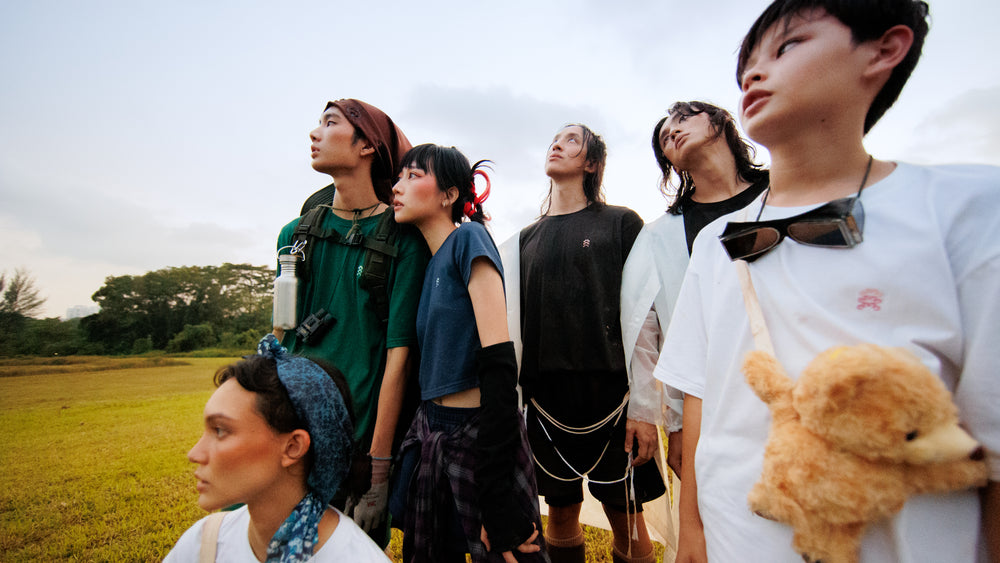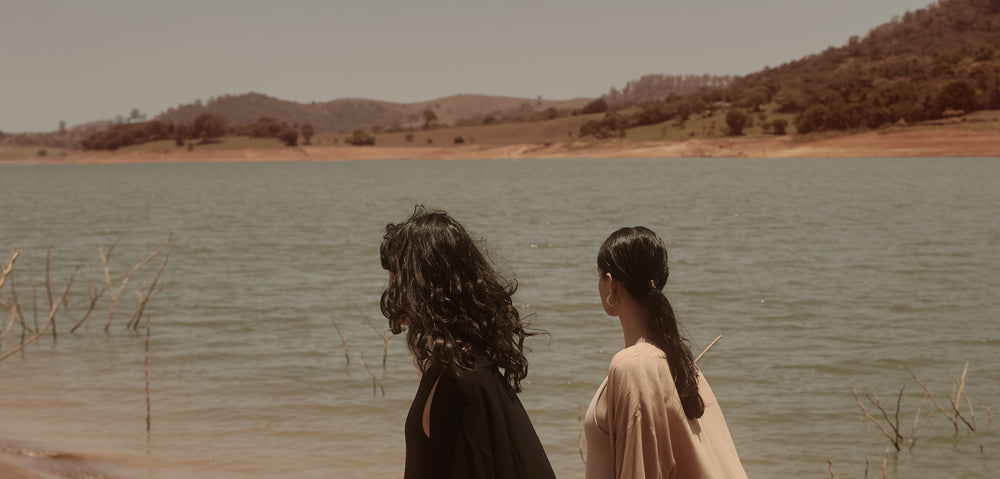The pandemic has left many of us, for the most part, more attuned to the world and the spaces around us. Deserted streets, a change of pace, and periods of prolonged confinement to our homes have meant that, for a while, life took on a different form. But there was also a sense that whilst life as we knew it had ground to a halt, other forms of life had found ways to thrive again. Empty towns, cities, and areas once occupied by people became more habitable to wildlife. Many of us now walk away with a newfound reverence for the beauty of the natural world that can be found in our backyards, cities, and beyond.
Life in urban areas, concrete jungles, and gentrified rural communities have placed in us a false sense of separateness from the natural world. The discovery of nature as a pure and irreplaceable source of joy alongside disturbing patterns in extreme weather events has made visible all the ways in which we are dependent on nature. But what of life after this pandemic? What visions of change do we now wish to harbour and see nurtured in ourselves, and in the world at large?
There is overwhelming scientific evidence surrounding the severity of climate change and the urgency in which it must be tackled in order to avoid irreversible damage to our planet. It is clear that our system is broken. Cultures of consumerism and disposability do not serve us, and leave us perpetually dissatisfied. There is a growing need and desire to rediscover and rebuild our relationship with the natural world. The concept of a circular economy captures this very need to live in unison with nature: to understand our place in this world as not separate to but deeply interwoven to nature’s processes.
Pursuing a circular economy means moving away from a linear economy that extracts, produces, and discards. It means rebuilding from a system with limits and dire consequences for the health of our planet and people. In a circular economy, there is no such thing as waste. Instead, there is respect for nature’s ability to regenerate. The Ellen MacArthur Foundation understands the circular economy as ‘an industrial economy that is restorative or regenerative by intention and design’. In other words, it looks to restructure the economy as a closed loop that eliminates or at least minimises any leakages in resource inputs, emissions, and energy.
Applied to the fashion industry that desperately needs restructuring, circular business models include thrifting, clothes rentals, and a focus on repair and closed-loop recycling to ensure that discarded garments are collected and put back to use. From the perspective of circular living at the individual level, think about your more expensive piece of clothing that you keep in good shape and wear day in day out, repairing it whenever you spot stitching that’s come undone, but apply it to the rest of your wardrobe.
Concerning the problem of plastic pouring into our landfills, oceans, and incinerators in tons, a circular economy means eliminating unnecessary plastic by designing out waste to begin with and rethinking the packaging, the product itself being produced, and the system being upheld altogether. Examples include edible spray packaging for fresh fruit and vegetables for minimal packaging waste, shampoo bars as a way of product innovation, the return of a milk bottle system for the delivery of food and basic household goods, and the need to produce plastics from renewable energy as opposed to finite fossil fuels.
In a circular economy, the focus is on using materials to their full potential. Not using up finite resources. An emphasis is placed on the conscious usage (and production) of goods and services, rather than the consumption of goods. In this sense, it looks to dematerialise our economy and challenge our existing perceptions of ownership, where we’ve grown accustomed to acquiring often nondurable and short-lived goods.
The fashion industry is a significant contributor to the environmental crisis wreaking havoc around the world. It’s caught in a vicious cycle of exploitative production processes and rapid turnover rates where new collections are brought out weekly. Fast fashion items are cheap. But the price to pay for keeping up with ever-evolving trends is costly. Earthkind is about making better choices and supporting circular business models in the fashion industry that are striving to do good for our planet and its people. The brands that we hope you will come to support prioritise value over price, and long term fulfilment over instant gratification.
A global health crisis has given us the opportunity to re-evaluate our values and our way of life. It showed us that the world can be a very different place, if we so desire it. Perhaps once we allow nature to thrive again, we too can live happier, healthier, and more fulfilling lives.





